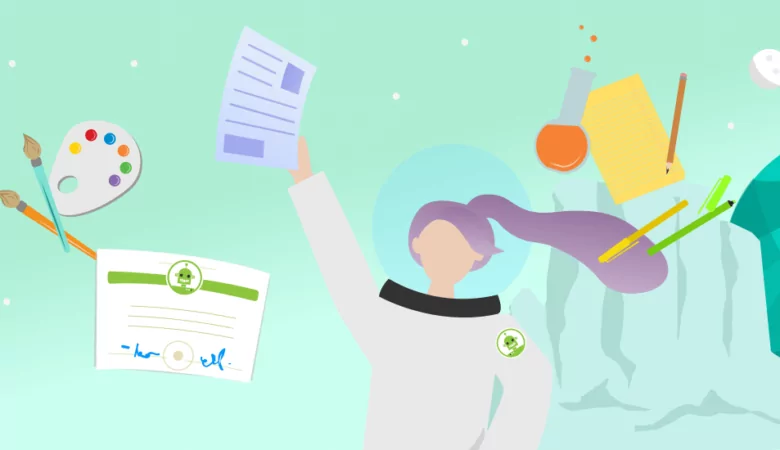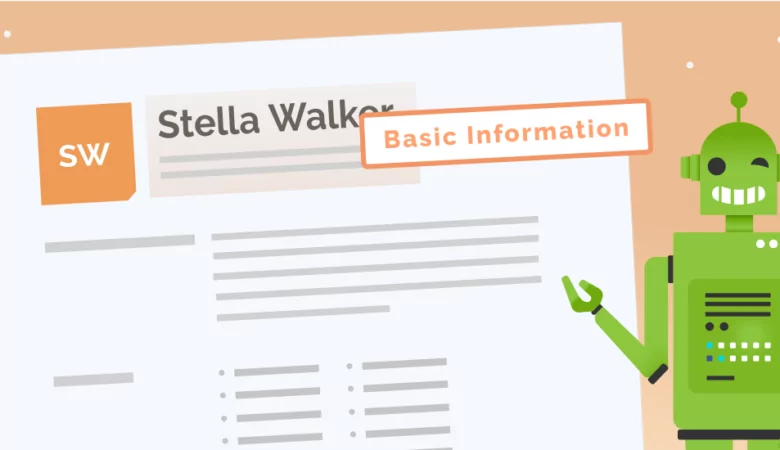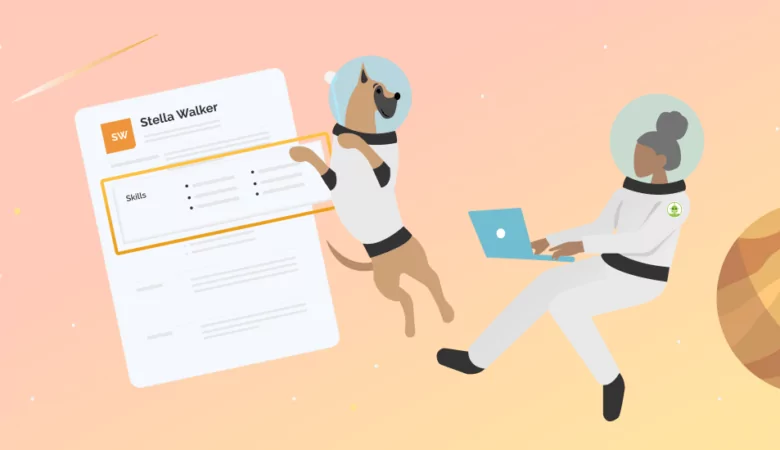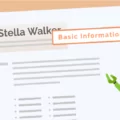Learn everything you need to know about listing hard skills and soft skills on your resume. Enhance your skills section with ten examples you can use.
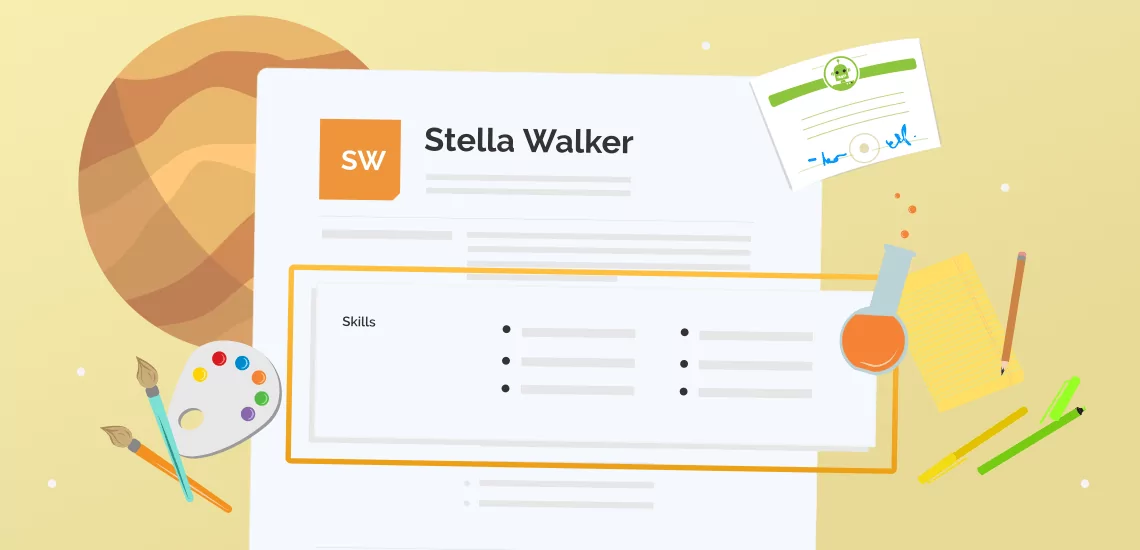
Top Hard Skills and Soft Skills to Put on Your Resume
The Best Way to Include Hard Skills and Soft Skills on Your Resume
You may have gotten career advice that recruiters and hiring managers like to see both hard skills and soft skills on a resume. But what exactly is the difference? Depending on the job, one may be more important than the other. This guide will tell you everything you need to know about hard and soft skills, with examples you can use in the skills section of your resume.
Hard Skills and Soft Skills: Which One is Better?
Both hard and soft skills are needed for most jobs. It is rare to find a role during your job search that requires only one set of skills. However, some jobs do rely more heavily on one type of skill than the other. So what exactly are hard and soft skills?
Hard skills are professional skills. These are technical skills or competencies that usually apply to a specific job. If your job requires a university degree or training program, then you are most likely learning specific skills in order to effectively perform your job. Technical skills are not always learned in a work environment. Hard skills can be learned from studying books or computer programs in school, at an internship, or through work experience. You may have advanced technical skills before even beginning your job search.
Soft skills are interpersonal skills like people skills and communication skills. These are skills that help you work effectively with other people in a work environment. You can be born with great social skills, or you can learn them through participating on teams, in school, and through work experience. Soft skills often improve with life experience, although certain people have well-developed soft skills from a young age.
Neither skill set is better or worse than the other. Soft skills can actually be more difficult to learn than hard skills. If you are someone who doesn’t work well with people, then you may decide to look for jobs that depend more on hard skills, such as computer programming or data analysis. If you’re a people person, but you lack technical prowess, then you may decide to apply for jobs that emphasize communication skills, such as customer service or sales.
Ten Examples of Hard Skills
There may be specific hard skills listed in the job description that are required for those who are applying. Check the job posting carefully to see if technical skills are a requirement or just a preference.
Here are ten examples of hard skills employers commonly request:
1. Computer programming
2. Specific programming languages like java or python
3. Budgeting or accounting
4. Data analysis
5. SEO
6. Social media marketing
7. Microsoft Excel
8. Fluency in a foreign language
9. Project management
10. Engineering
If you have certifications in certain technical skills, then you can make a separate Certifications section for your resume. This will show the hiring manager that you have a higher proficiency in a particular skill and can help you stand out from other job seekers.
Ten Examples of Soft Skills
Soft skills are intangible traits that are important for certain types of jobs, such as customer service, sales, or hospitality. However, most workplaces benefit from hiring employees who have some effective communication skills and certain personality traits like emotional intelligence. Listing soft skills can show that you are a team player who works well with others.
Here are ten examples of soft skills you can use on your resume:
1. Critical thinking
2. Decision-making
3. Leadership
4. Adaptability
5. Dependability
6. Management skills
7. Teamwork skills
8. Problem-solving
9. Time management
10. Communication
How To Organize Your Skills Section
Your skills section should include both hard skills and soft skills. Tailor your skills section for each new job you apply to. Using keywords from the job description in your skills section will help the hiring manager to see that you are a good match for the job. For example, if a job posting lists a particular software as a requirement, you should consider that to be a hard skill you should list in your resume if you have it. You can review resume examples or templates for your industry to get an idea of what set of skills you should focus on. Use bullet points to make your skills list easy to read.
FAQ: Hard Skills Soft Skills
Some jobs may focus on soft skills. Jobs in sales, customer service, or hospitality mainly require people skills, communication skills, and a good work ethic. However, these jobs do still require hard skills that you may not have considered. Working with cash registers, inventory or order systems, and phone systems are all examples of hard skills. If you are lacking in hard skills, then there are plenty of tutorials online where you can learn technical skills like Microsoft Excel or even programming languages. Review the job posting and resume examples for the job you’re interested in to get an idea of what types of skills a hiring manager may want to see on your resume.
Yes. Your skills section is one of the most crucial parts of your resume. Relevant skills help to convince the hiring manager that you are capable of doing the job. Only include skills that pertain to the job you are applying for. Typically you should include about five to ten skills on your resume. If you are using a functional resume format, then more emphasis will be placed on your skills section. In this case, it may be better to include more skills and make your skills more specific.
List skills in order of relevance to the job you are applying for. Start with more specific skills first and then list the more generic skills last. You do not have to be an expert at every skill you list, but do make sure you don’t list skills you do not possess, as a hiring manager will likely ask you more about them during your interview.

